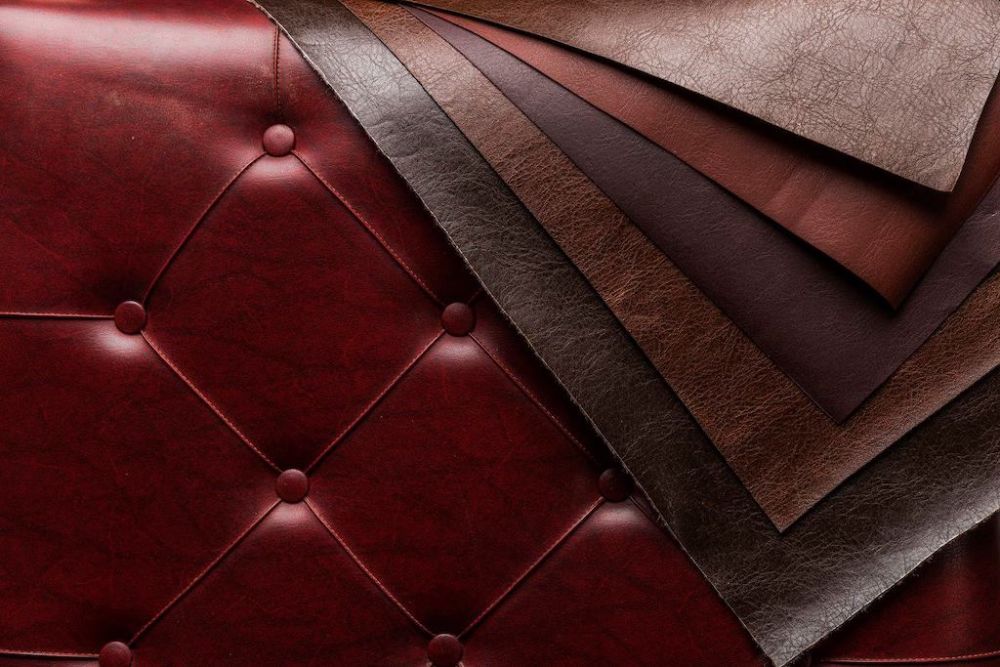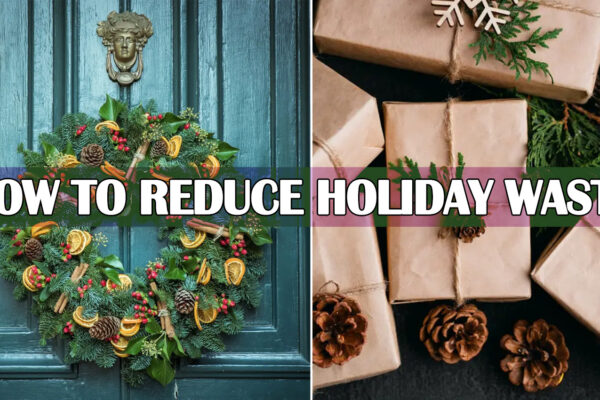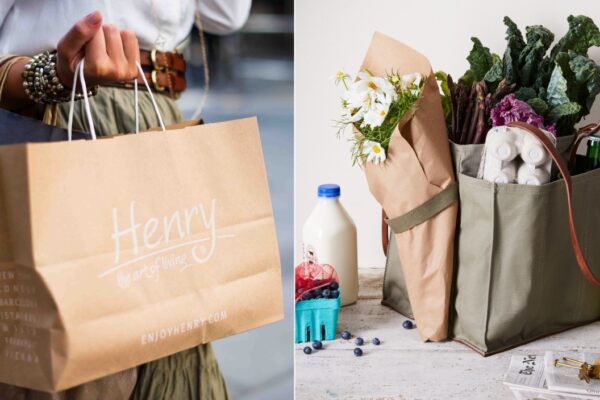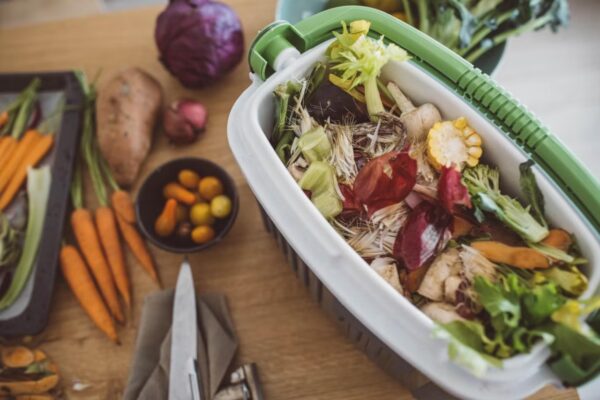French Startup Turns Fruit Waste into Vegan Leather
Veganism has gained immense popularity in the past few years. Vegan options for a green lifestyle have attracted plenty of people and many firms are trying to invent more such options. After realizing the impact of livestock farming, a French couple decided to establish the startup Vegskin, which turns fruit waste such as leftover mangoes and bananas into vegan leather.
Living in the northern town of Wattrelos, Loïc Debrabander and Anaëlle Picavet were seeking eco-friendly leather alternatives but became inspired to create one on their own. The couple also wanted to tackle the issue of food waste.
Vegskin uses about 100 tons of bananas to make 5,000 to 8,000 square meters of its plant-based leather. The company upcycles discarded fruit and vegetable waste sourced from retailers, who usually throw out damaged and overripe food.

French startup Vegskin turns fruit waste such as leftover mangoes and bananas into vegan leather | Image: Vagea
This invention of an eco-friendly alternative to cruelty-laden leather is also a great way of upcycling food waste. It also relieves consumers and brands of the burden of using fossil fuel-extracted plastic material like PU or PVC, which take animals out of the equation but pollute the planet immensely.
Developing a completely plastic-free vegan leather material was quite a difficult task to accomplish, especially when it came to using up leftover food. The duo initially experimented with beets, mushrooms and potatoes, then with apples – which did not yield good results.
Vegskin is being lauded as a far more sustainable alternative to cow-based hide. It eliminates emissions released from raising livestock and is also biodegradable. It can replace existing leather through its appealing qualities of flexibility, water resistance and durability. This material can be used to create shoes, upholstery or even the interior of furnishing in cars.
With the rise of conscious consumerism, Vegskin is set to dominate the leather market. Hopefully, this material could be produced on a commercial scale to minimize the impact of this vintage material on the environment.
Via: Green Queen


